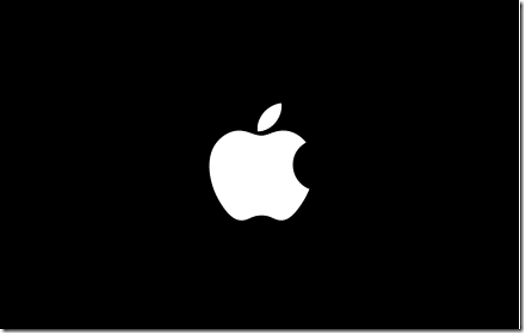
When I think of the Apple versus the FBI fiasco, I sometimes wonder what the world is coming to.
In December 2015, Syed Rizwan Farook and his wife, Tashfeen Malik, carried out a terrorist attack in San Bernardino, California. They shot and killed 14 people, and seriously wounded 22 more. Three bombs they also planted failed to go off, but if they had then there could have been many more fatalities and injuries. Farook and Malik were killed in a shootout with police. Apparently, Malik had pledged allegiance to Islamic State on social media on the day of the attack.
In February 2016, the FBI asked Apple to help unlock an iPhone owned by Farook. The FBI had realised that if they failed to enter the correct password after several attempts then they would lose any information held on the phone. The FBI wanted a modified version of iOS that would bypass this security feature.
Now when you consider what happened at Charlie Hebdo in January 2015, then in Paris in November 2015, and then (albeit more recently than the FBI’s request to Apple) in Brussels in March 2016, any normal person would have expected Apple to comply immediately. But Apple isn’t a normal company, and it refused. Worse, we discover that there a lot of other people out there who aren’t normal, and who supported Apple’s stance.
Irrespective of whether or not Farook’s phone contains anything relevant to the FBI’s investigations into the San Bernardino murders, it was vital that they at least had the opportunity to examine it to make that call.
Apple managed to stall for almost two months – through the Brussels bombings – and there was every likelihood they would have continued to do so as the matter moved sloth-like from one US court to another. However, in late March 2016, it became known that an Israeli company was working with the FBI to unlock the phone without Apple’s assistance. Today, it was announced that they have succeeded.
What really made me laugh was this BBC write up which first appeared this morning. Particularly, this line:
Apple said it did not know how to gain access, and said it hoped that the government would share with them any vulnerabilities of the iPhone that might come to light.
Let’s just get this straight. Apple refused to help crack the phone (and it could have), but it wants the government to tell them how it did it.
I wonder if government officials are allowed to give one-fingered salutes to Apple?